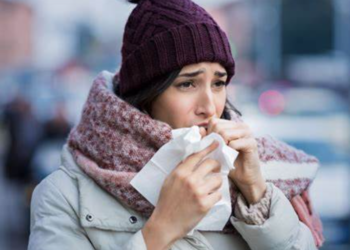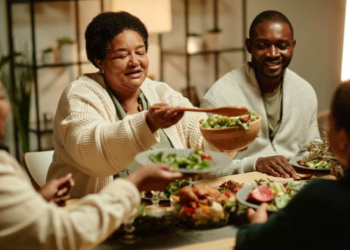Hospitals in Washington state and across the country are dealing with an increase in respiratory syncytial virus (RSV) cases in children. With colder weather upon us and holiday gatherings afoot, hospitals are expecting to see even more patients sick with RSV in the coming months.
For most healthy people, RSV is a cold-like nuisance. But for the very young, the elderly, and people with certain health problems, it can be serious and even life-threatening. The virus can infect deep in the lungs, causing pneumonia, and in babies it can impede breathing by inflaming their tiny airways.
How can you tell if your child is sick with RSV?
Mild symptoms of RSV, according to Seattle Children’s hospital, include:
Low-grade fever
Cough
Runny nose
Congestion
Sneezing
Poor feeding
Fussiness
There is no specific medicine for RSV, but you can treat the mild symptoms if your child is uncomfortable by using fever medication and fluids. According to Seattle Children’s hospital, babies may do better with more frequent, lower volume of fluids so they can catch their breath while eating.









